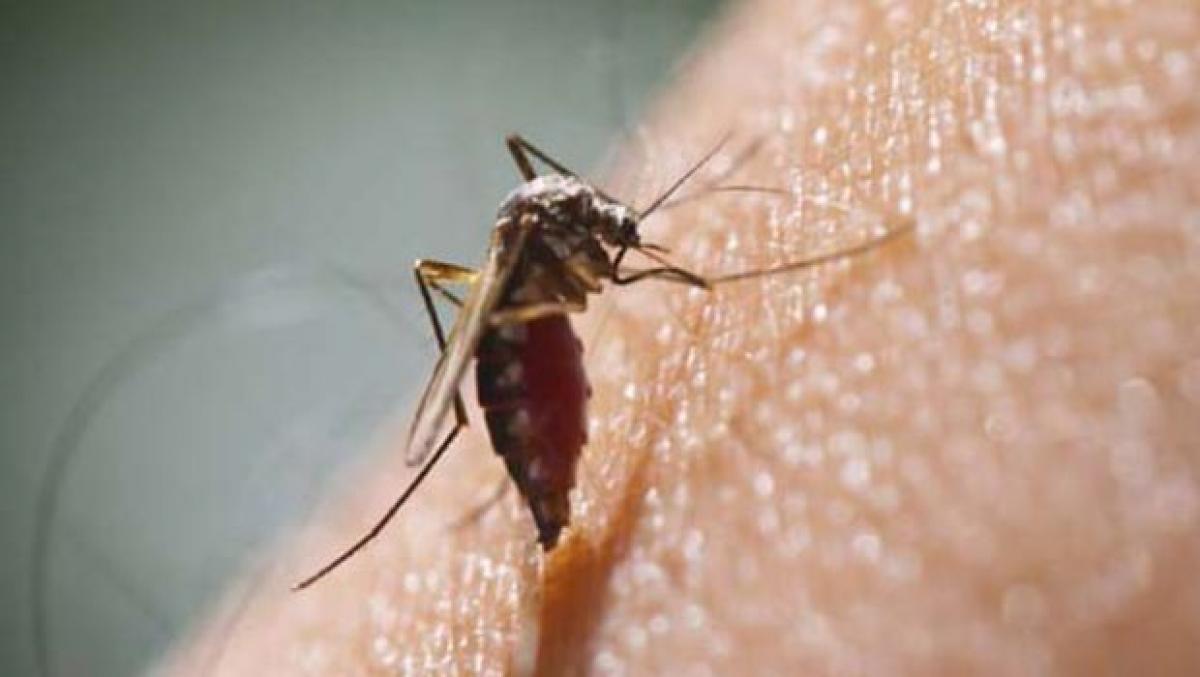Live
- Strict Protocols Set for Group 2 Exams in Wanaparthy District
- Delhi Police busts gang involved in cable theft on Delhi Metro Blue Line
- MP's Gita recitation programme finds place in Guinness World Records
- Pawan Kalyan Shines Globally as 2nd Most Googled Actor of 2024 Amid Busy Film, Political Career
- Disruptor of House is the chairman himself: Cong and INDIA bloc’s pointed remarks on No-trust notice
- IIIT-Bangalore to host computer vision conference ICVGIP 2024
- F1: Fernando Alonso ‘still dreaming’ of third world championship
- WI vs Bangladesh Watch Controversial Banter Between Shakib and King
- EFLU Celebrates Bharatiya Bhasha Diwas
- Manchu Manoj Submits Bond of Rs. 1 Lakh to Rachakonda Commissioner









